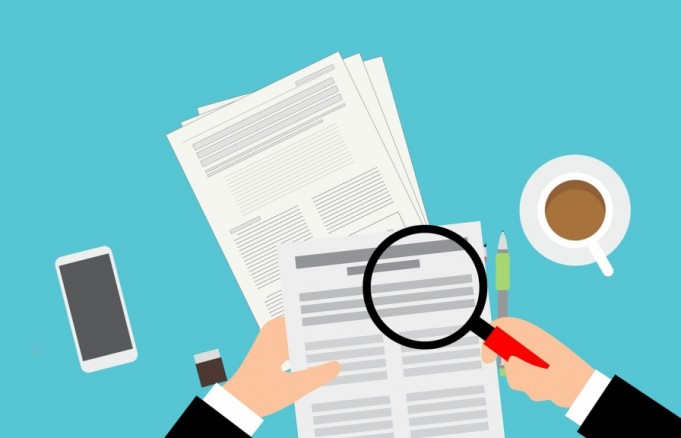A certified public accountant (CPA) is a certification awarded by the American Institute of Certified Public Accountants (AICPA); to individuals who pass the Uniform CPA Examination and meet the standards of education and experience. The CPA certification allows the accounting industry to implement professional standards. Many countries have CPA equivalent certifications, in particular, the chartered accountant (CA) designation.
CPAs have several career options, in either public accounting or corporate accounting. Individuals may also switch into executive positions such as controllers or chief financial officers (CFOs) with the CPA label.
How to find a good Certified Public Accountant (CPA)
You may have started to make so much money, and your company will be rising so rapidly that you will be requiring someone to help keep track of that money. Perhaps it is time a Certified Public Accountant (CPA) should be hired. A Certified Public Accountant (CPA) is familiar with the tax code and can help optimize tax savings. They can represent you to the IRS to help with audits or collections
Tips for finding a good CPA
- Ask about their dedication – CPAs may be trained in a number of accounting fields, including business, government, and forensic accounting, and tax preparation. Consider finding a CPA, which is specialized in individual income tax returns when preparing and filing your taxes.
- Verification – The IRS allows CPAs to prepare taxes to register with the IRS and have a Preparer Tax Identification Number (PTIN). To cross-check that a CPA is registered with a PTIN, simply search the Office Directory for IRS Return Preparer.
- Check their license – CPAs are also state-licensed. You can search their records with the accounting board of your state before hiring one. Most states have CPA databases that allow you to search by name and find valuable details; about the status, issue, and expiry dates of a CPA license, as well as disciplinary proceedings and suspensions.
- Experience – While all CPAs are credentialed before their services are provided. CPAs, with many years of experience are more likely to have a better understanding of the tax code than a newly certified individual.
- Confirm their readiness to sign – Verify that your tax return will be signed by your CPA and reflect you before the IRS on any tax matters relevant to the return.
- Ask for suggestions – A good tax CPA will not only create and file your return for the recent tax year. But will also provide tax-planning advice year-round to help you to maximize your tax savings for next tax years.
- Decide the charges –CPAs charge by the hour, flat rate, or other payment options depending on the scope of your taxes. It depends on how many schedules and supporting forms you may need to file with your report.
Conclusion
CPAs are known for their role in the preparation of income tax but may be specialized in many other areas, such as auditing, forensic accounting, bookkeeping, managerial accounting, and IT.









